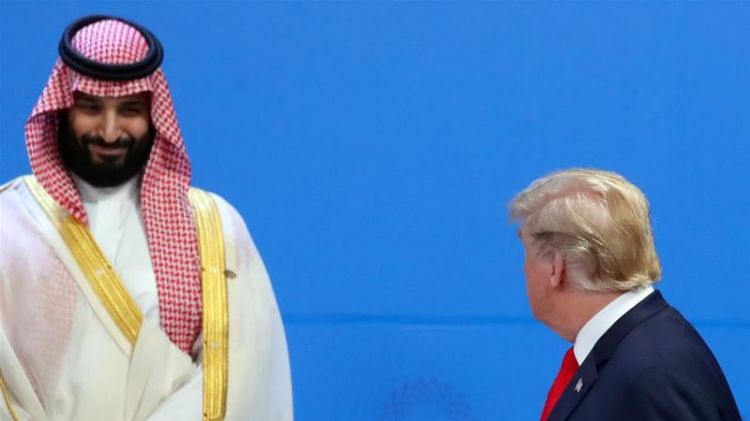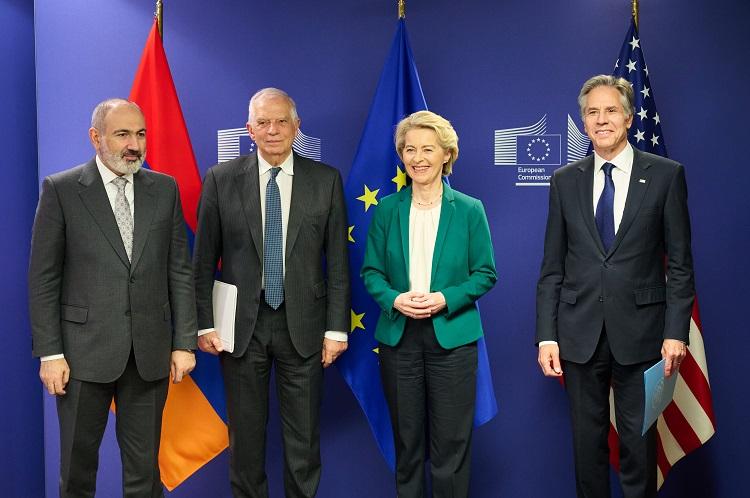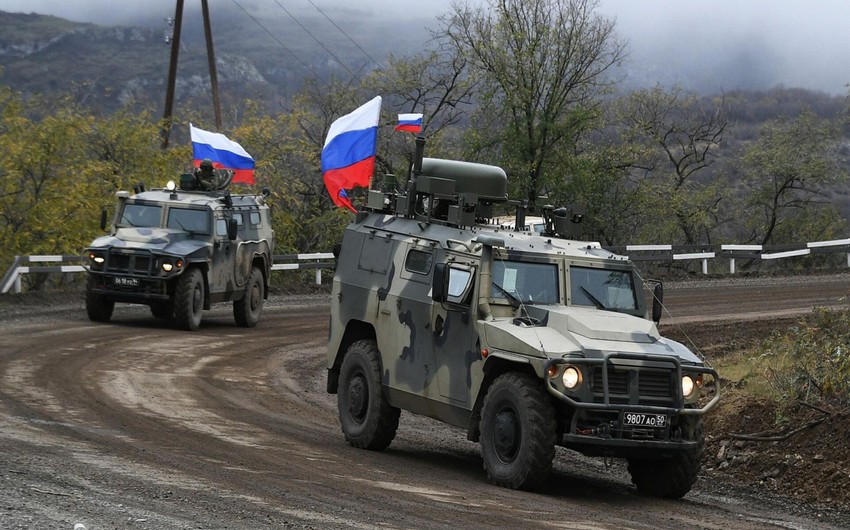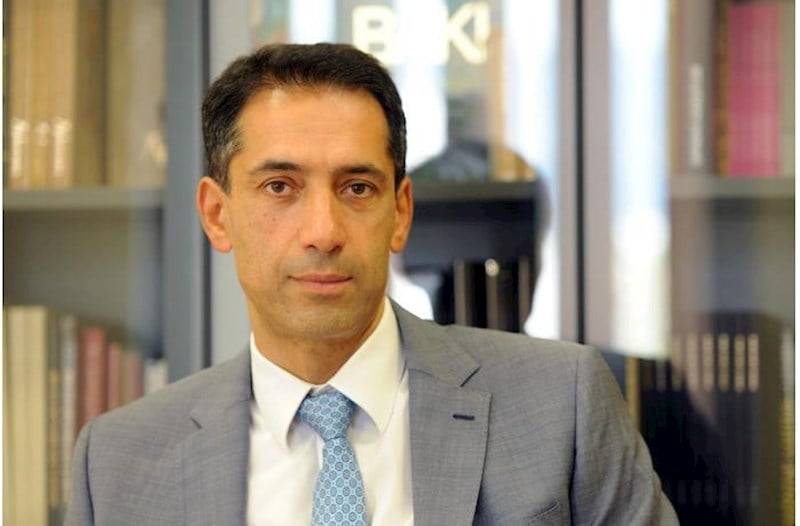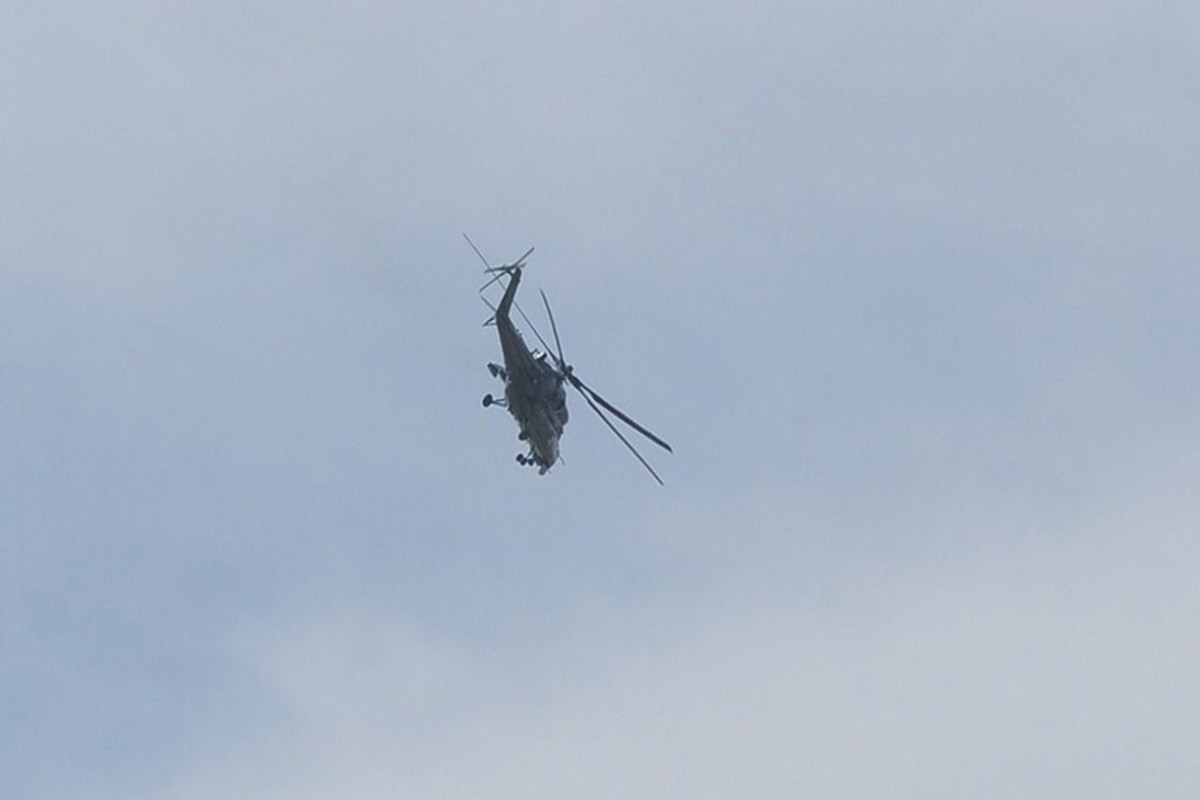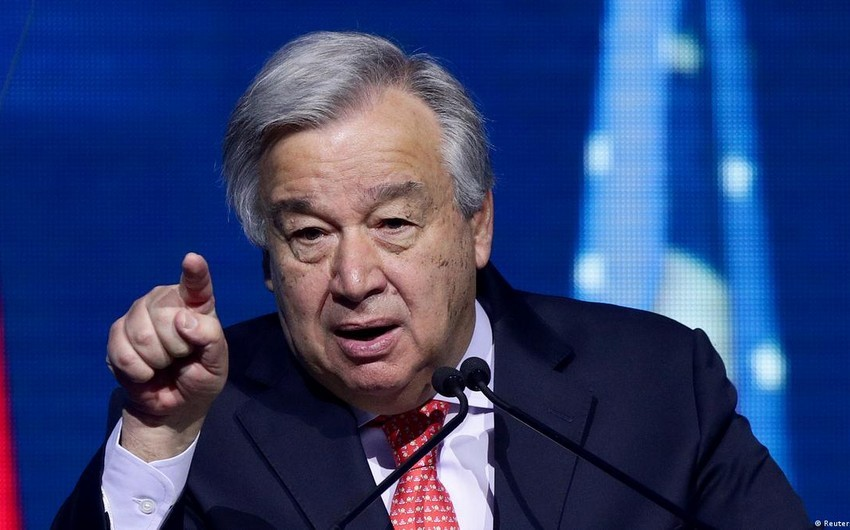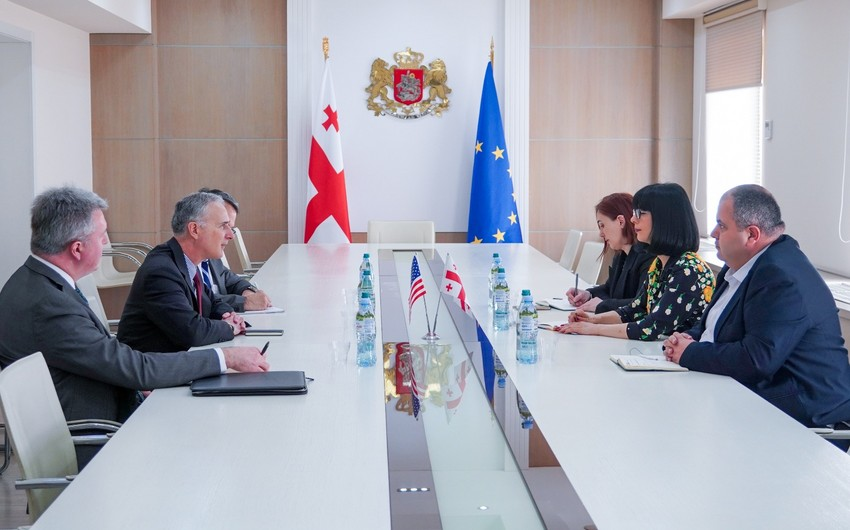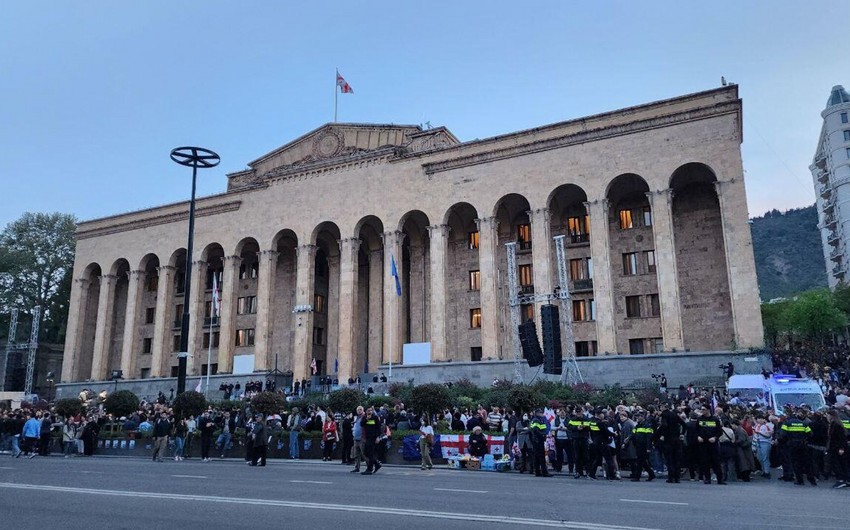This year marks an auspicious anniversary in US foreign policy history.
Fifty years ago, in 1969, US President Richard Nixon outlined the "Nixon Doctrine" which was a new foreign policy strategy that saw the United States place emphasis on friendly nations receiving support for assuming responsibility for their own and their regions' security. This led to the subsequent "twin pillars" regional security strategy in the Gulf, which established Iran and Saudi Arabia as policemen of the Gulf region to act as bulwarks of stability, with primary emphasis being on Iran. They were to counter the regional spread of socialism under the influence of the USSR and secure the free flow of oil from the Gulf to global markets.
When, a decade later, an Islamic revolution toppled the conservative Iranian regime, Saudi Arabia remained the sole pillar of US strategic interest in the region and for the following four decades remained its key regional partner. But as we approach its 50th anniversary, this special relationship started to unwind in a dramatic manner.
In 2018, concerns were steadily mounting over the role of Saudi Crown Prince Mohammed bin Salman (MBS) in a range of controversial foreign policy missteps - from the Yemen conflict to the blockade of neighbouring Qatar and the near-collapse of the Gulf Cooperation Council. MBS was increasingly seen as impulsive and reckless, and his fitness for the throne is increasingly questioned.
His move to centralise power, which broke with the traditional collective decision-making and balance of power in the House of Saud, raised concerns over the potential for internal instability and his ability to deliver on Vision 2030, Saudi Arabia's landmark economic development programme.
After the premeditated killing of Saudi journalist Jamal Khashoggi at the Saudi consulate in Istanbul, these concerns in Congress reached unprecedented levels. There has been bi-partisan support for taking action against Riyadh, with Republican Senator Lindsey Graham going as far as declaring MBS guilty of Khashoggi's murder and calling for his replacement.
So, will 2019 mark the start of a new dynamic in US-Saudi relations? The answer to this question will largely depend on the US Congress.
US Congress can determine foreign policy
In the US, the constitutional prerogative to make foreign policy decisions lies with the presidency. However, Congress can legislate on foreign policy issues and therefore has the potential to dictate the foreign policy agenda. It has happened before.
In the 1990s, for example, Congress managed to change the Clinton administration's approach to dealing with Iran. Lobbyist groups managed to ramp up anti-Iran sentiment among both Democrats and Republicans, leading most notably to the adoption of Iran Foreign Sanctions Act of 1995, and the Iran and Libya Sanctions Act of 1996, which implemented comprehensive sanctions on Iran, in addition to the threat of sanctions to international companies that invested over $20m in Iran's energy sector.
President Bill Clinton had wanted to engage pragmatically with Iran, in a manner subsequently adopted by President Barack Obama but, given the support these two bills received from both Democrats and Republicans, he begrudgingly signed them into law even after voicing his opposition to Congress restricting his ability to engage with Iran. The impact of this was that the Clinton administration was forced to adopt a rigid "dual containment" strategy towards both Iran and Iraq in order to provide for Gulf security. Clinton was, therefore, unable to take advantage of the overtures for improved ties offered by Iranian President Khatami.
Congress can also overcome presidential vetoes of its foreign policy bills with a two-thirds majority. During Obama's second administration, Congressmen and women voted to pass the Justice Against Sponsors of Terrorism Act, which basically allowed the families of 9/11 victims to launch lawsuits against the Saudi government. Obama vetoed the bill immediately but both the House of Representatives and the Senate voted overwhelmingly in favour of overturning his veto.
This underlines that when Congress has concerns on foreign policy matters which relate to values - and these take on a populist bipartisan character - the potential is there for Congress to take action that determines the foreign policy agenda of the US.
The Trump cover
Like his predecessors, President Donald Trump has decided to pursue a certain foreign policy path in the Middle East, which the Congress could block.
Trump sees relations with Saudi Arabia from a transactional perspective and seeks to benefit from them in three ways: Saudi arms purchases, which he can brandish to his electorate; Saudi support for the so-called "deal of the century", which he wants to claim as his big foreign policy achievement; and Saudi participation in the anti-Iran axis, which helps him undo Obama's legacy.
He pays little attention to the traditional pillars of US-Saudi relations, including defence cooperation, intelligence-sharing arrangements, and oil production. Given the fact that the US overtook Saudi Arabia as the world's largest producer of oil, the president is well aware that Riyadh has little sway over global oil prices on its own.
The benefit he sees in maintaining good relations with Riyadh and specifically MBS have so far provided some cover for the young crown prince amid mounting condemnation of his foreign policy blunders. Yet this could change.
Trump himself has proven to be fickle about his decisions and commitments. In December, his administration announced the planned withdrawal of US troops from Syria. This decision not only goes against US commitments to the Kurds, who Trump has repeatedly said he wanted "to help", but also against the interests of the anti-Iran axis and its efforts to contain Iranian influence in Syria.
More importantly, he has already caved in to congressional pressure on foreign policy. The 2017 Congressional bill, Countering America's Adversaries Through Sanctions Act, which targets Russia, North Korea and Iran, limited the scope for engagement with Russia's President Putin. Trump remarked that the bill was "seriously flawed - particularly because it encroaches on the executive branch's authority to negotiate". He was forced to sign it into law given the prospect of Congress overturning a presidential a veto.
Congress has already taken initial steps on Saudi Arabia. In November 2018, the US Senate passed two non-binding resolutions. The first called on Trump to remove all US forces engaging in hostilities in Yemen. The second stated that there was "a high level of confidence" that the MBS was "complicit" in the Khashoggi murder.
A series of bills and resolutions have already been put forward that will be considered in the coming months. These include the Senate bills: the No Nuclear Weapons for Saudi Arabia Act of 2018 and A bill to prohibit military aid to Saudi Arabia until the Secretary of State determines that Jamal Khashoggi is alive and free. Also, momentum on the No Oil Producing and Exporting Cartels Act of 2018 is likely, given the December 2018 decision by OPEC and Russia to cut production, followed by Saudi Arabia's reported decision in January to extend this further.
These measures are likely to be pushed forward by bi-partisan consensus on the need to punish MBS for his excesses. Removing the crown prince could prevent more action being taken by Congress, but this is clearly out of the question for the Saudi leadership at the moment.
Thus 2019 could mark the beginning of a new dynamic in US-Saudi relations which Congress, and not the president, is likely to determine and shape.
The views expressed in this article are the author's own and do not necessarily reflect Al Jazeera's editorial stance.

